7q11.23
Multiple genes may conspire to lead to autism traits
The many genes implicated in Williams syndrome, a condition related to autism, may all work together to exert their effects on behavior.
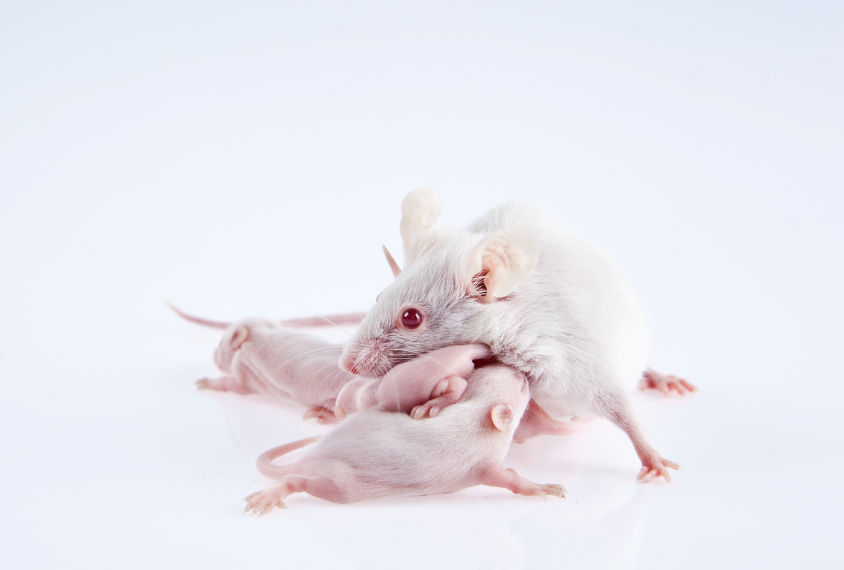
Multiple genes may conspire to lead to autism traits
The many genes implicated in Williams syndrome, a condition related to autism, may all work together to exert their effects on behavior.
Unusual gait marks mice with mutations related to autism
Mouse models of two genetic conditions related to autism show abnormalities in their movement patterns.
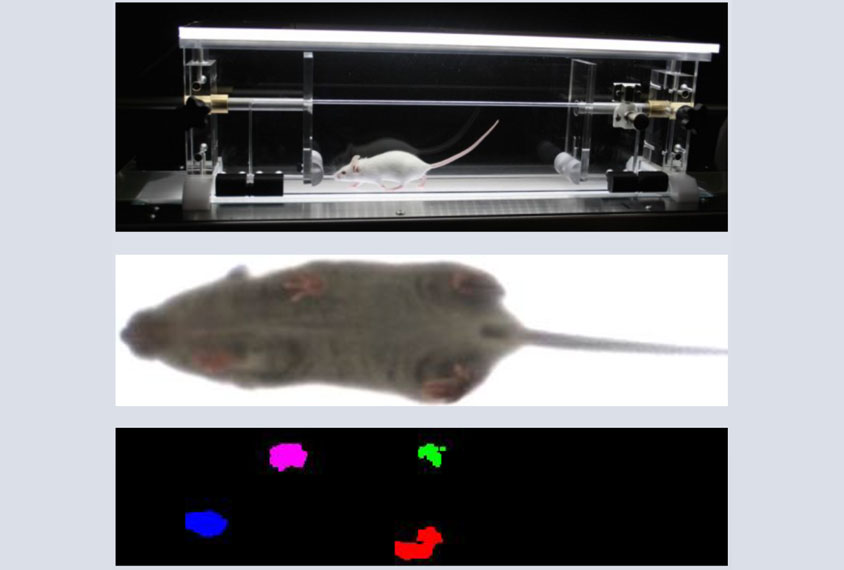
Unusual gait marks mice with mutations related to autism
Mouse models of two genetic conditions related to autism show abnormalities in their movement patterns.
Duplication of DNA on chromosome 7 increases risk of autism
Roughly one in five children who has an extra piece of chromosome 7 also meets the criteria for an autism diagnosis.

Duplication of DNA on chromosome 7 increases risk of autism
Roughly one in five children who has an extra piece of chromosome 7 also meets the criteria for an autism diagnosis.
Ratio reversal; gender bender; ad accusations and more
The male-dominated sex bias in autism is reversed in a related syndrome, a researcher’s gender could influence her study’s outcome, and an award-nominated ad featuring a young man with autism draws criticism.
Ratio reversal; gender bender; ad accusations and more
The male-dominated sex bias in autism is reversed in a related syndrome, a researcher’s gender could influence her study’s outcome, and an award-nominated ad featuring a young man with autism draws criticism.
Tooth fairy delivers drug target for boosting social interest
Cells derived from the dental pulp of children with Williams syndrome hint at a treatment approach for autism.
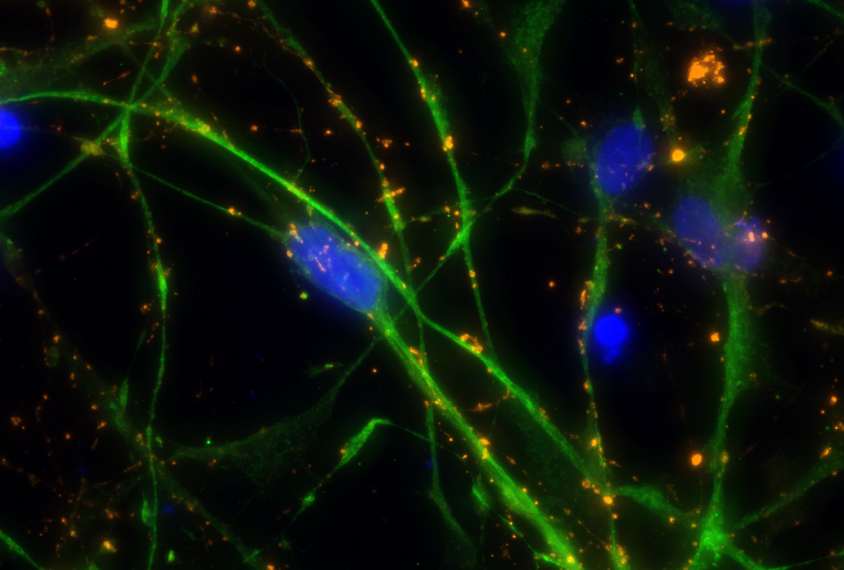
Tooth fairy delivers drug target for boosting social interest
Cells derived from the dental pulp of children with Williams syndrome hint at a treatment approach for autism.
Sequencing studies sharpen focus on key autism genes
Two studies prioritize autism risk genes for further research and illuminate how different types of mutations may work together.

Sequencing studies sharpen focus on key autism genes
Two studies prioritize autism risk genes for further research and illuminate how different types of mutations may work together.
Chromosome 7 flaws alter chemical tags throughout genome
Alterations to chromosome 7 lead to changes in the chemical marks that direct gene expression.
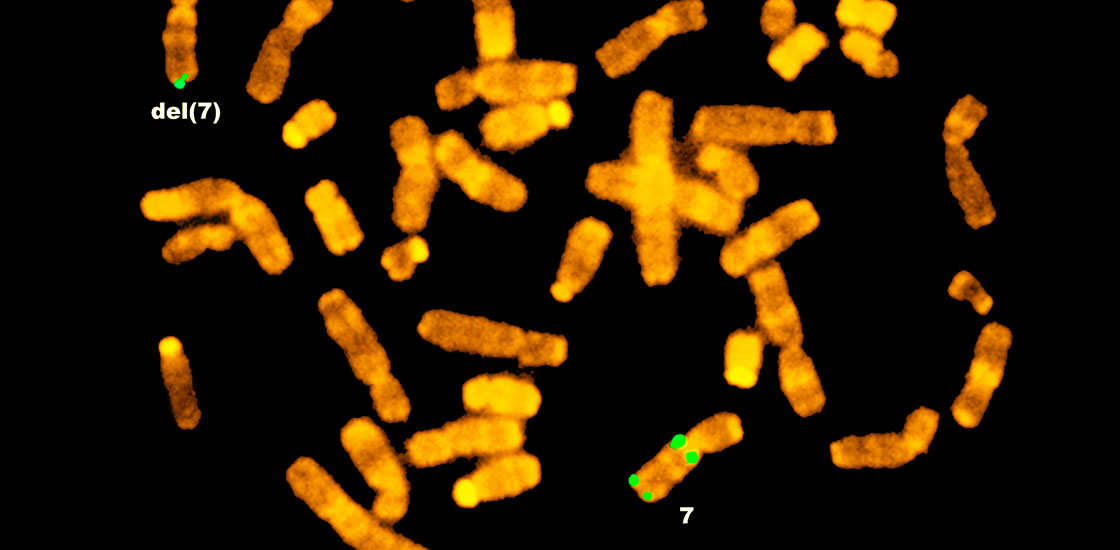
Chromosome 7 flaws alter chemical tags throughout genome
Alterations to chromosome 7 lead to changes in the chemical marks that direct gene expression.
Behavioral profile of DNA disorder reveals ties to autism
Children who carry an extra copy of part of chromosome 7 have symptoms ranging from social phobia to speech impediments. About one-third of them show signs of autism, according to the first systematic analysis of people with 7q11.23 duplication syndrome.

Behavioral profile of DNA disorder reveals ties to autism
Children who carry an extra copy of part of chromosome 7 have symptoms ranging from social phobia to speech impediments. About one-third of them show signs of autism, according to the first systematic analysis of people with 7q11.23 duplication syndrome.
Williams syndrome reverses patterns of neuronal branching
The branching patterns of excitatory neurons in people with Williams syndrome are roughly the opposite of the patterns seen normally, according to unpublished results from a small study presented Monday at the 2013 Society for Neuroscience annual meeting in San Diego.

Williams syndrome reverses patterns of neuronal branching
The branching patterns of excitatory neurons in people with Williams syndrome are roughly the opposite of the patterns seen normally, according to unpublished results from a small study presented Monday at the 2013 Society for Neuroscience annual meeting in San Diego.
Genetics: Williams risk region linked to schizophrenia
The same genetic region that is missing in people with Williams syndrome is likely to be duplicated in some people with schizophrenia, according to a study published 17 July in Biological Psychiatry.
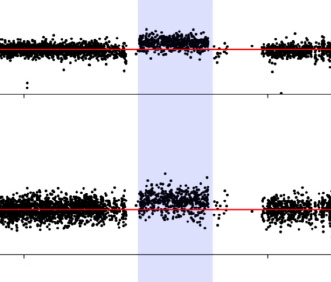
Genetics: Williams risk region linked to schizophrenia
The same genetic region that is missing in people with Williams syndrome is likely to be duplicated in some people with schizophrenia, according to a study published 17 July in Biological Psychiatry.
Explore more from The Transmitter
New connectomes fly beyond the brain
Researchers are mapping the neurons in Drosophila’s ventral nerve cord, where the central nervous system meets the rest of the body.

New connectomes fly beyond the brain
Researchers are mapping the neurons in Drosophila’s ventral nerve cord, where the central nervous system meets the rest of the body.
Building an autism research registry: Q&A with Tony Charman
A purpose-built database of participants who have shared genomic and behavioral data could give clinical trials a boost, Charman says.

Building an autism research registry: Q&A with Tony Charman
A purpose-built database of participants who have shared genomic and behavioral data could give clinical trials a boost, Charman says.
Cerebellar circuit may convert expected pain relief into real thing
The newly identified circuit taps into the brain’s opioid system to provide a top-down form of pain relief.

Cerebellar circuit may convert expected pain relief into real thing
The newly identified circuit taps into the brain’s opioid system to provide a top-down form of pain relief.